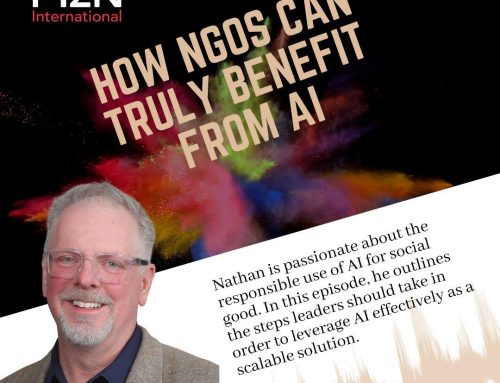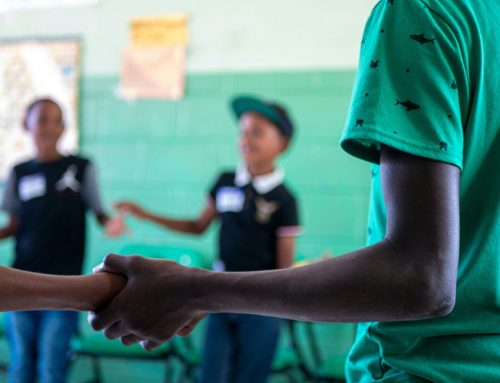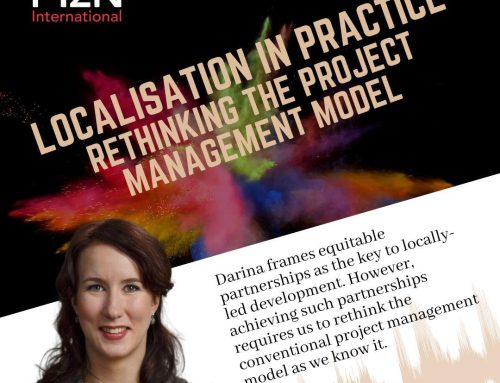Why We’ve Resumed In-Person Classroom Training for NGOs
In the wake of the COVID-19 pandemic, the world experienced an unprecedented shift towards remote work and digital communication. Non-profit organizations, too, adapted to this new normal, relying heavily on virtual meetings, webinars, and online resources to continue their essential work. While these virtual tools played a critical role in keeping non-profit professionals connected and informed, they cannot fully replace the value of face-to-face professional training, particularly in areas like proposal writing, budgeting, and financial management. As we emerge from the pandemic, it’s time to emphasize the importance of returning to in-person training for non-profit professionals.
The Power of In-Person Learning
Face-to-face professional training offers a level of engagement, connection, and experiential learning that virtual training simply cannot replicate. Here’s why it’s crucial for non-profit professionals:
- Building Stronger Networks
One of the most significant advantages of in-person training is the opportunity to connect with peers, mentors, and industry experts. The relationships forged in these settings can lead to collaborations, partnerships, and a sense of belonging to a larger professional community. Sharing experiences and challenges face-to-face can create a lasting bond that virtual interactions often lack.
- Real-time Interaction
Effective learning often involves dynamic discussions, instant feedback, and hands-on activities. In-person training allows for spontaneous interactions and immediate clarification of doubts. For non-profit professionals, this is invaluable, especially when tackling complex subjects like proposal writing, budgeting, and financial management. Being able to ask questions and engage in real-time discussions with instructors and peers enhances comprehension and retention.
- Enhanced Collaboration
Many non-profit projects require teamwork and collaboration. In-person training facilitates group activities, workshops, and simulations, allowing professionals to develop essential teamwork skills. This collaborative aspect of face-to-face training can be particularly beneficial when learning about budgeting, as it often involves coordinating efforts across various departments and individuals.
- Non-verbal Communication
In virtual settings, non-verbal cues and body language are often lost or misinterpreted. In contrast, in-person training enables participants to better understand each other’s emotions and intentions. This can be crucial in non-profit work, where empathetic communication is vital for successful fundraising, proposal writing, and financial management.
MzN’s strategy over the next few years is to continuously expand and widen the subject area of in-person training. Expect more courses launching nearly every quarter, led and facilitated by experts in the field.
Of course, there is a cost to this. But our financial model allows us to make these courses some of the most affordable ones in the world. For active MzN partners, these courses are already free of charge and by 2030 we aim to make most of our training offering heavily subsidized or free. This way, we will contribute to stronger NGOs and impact organisations that build the world we all want to see. Do good – Better.





